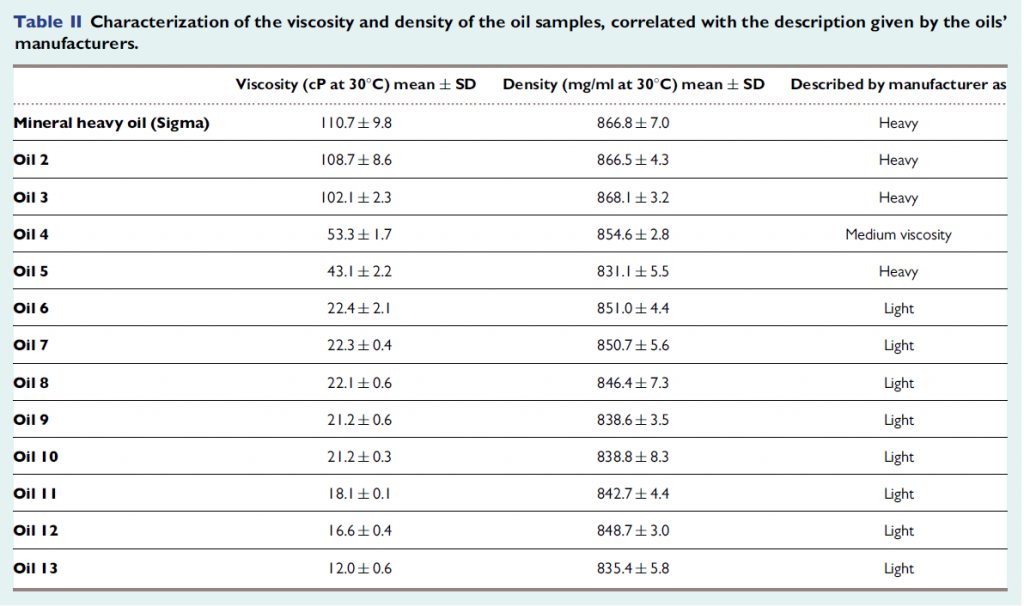In in vitro fertilization (IVF), every step is critical, and the stability of the embryo culture system plays a key role in determining success. Surprisingly, culture oil—often considered a minor component—actually has a significant impact on the embryo culture process. Today, let’s explore the fascinating world of culture oil, specifically how its viscosity influences embryo development.
Culture Oil: The Invisible Guardian of Embryo Culture
Culture oil was first introduced to assisted reproductive technology (ART) in 1963. Its primary function is to form a protective layer over the culture medium, stabilizing temperature, pH, and osmotic pressure. This protective mechanism provides a more stable environment for embryo growth, particularly in microdrop culture systems, which have been shown to improve clinical pregnancy rates. However, due to the lack of standardized quality control, concerns over potential contamination and toxicity of culture oils have emerged.
Viscosity: A Key Parameter in Culture Oil Performance
Viscosity and density are two crucial physical properties of culture oil. Viscosity measures the resistance to flow, while density refers to mass per unit volume.
A study analyzing 13 commercial culture oils found viscosity ranging from 12.0 to 110.7 centipoise (cP) and density between 835.4 and 868.1 mg/mL. Although viscosity and density are somewhat correlated, the relationship is not linear. So, how does viscosity impact embryo culture conditions?
The Impact of Viscosity on Embryo Culture Conditions
1. Osmotic Pressure Stability: Higher Viscosity, Better Performance
Osmotic pressure directly affects embryo cell stability. Research has shown that during culture, osmotic pressure increased by 14.7, 16.3, and 19.2 mOsm/kg when using high-, medium-, and low-viscosity oils, respectively. This suggests that high-viscosity oils better prevent evaporation, maintaining stable osmotic pressure—especially beneficial in dry incubators or low-humidity environments.

2. pH Stability: Reduced Fluctuations, Better Embryo Protection
The rate of CO₂ diffusion affects pH stability during culture. High-viscosity oils have lower flowability, leading to slower gas exchange and longer equilibrium times. However, once equilibrium is reached, they more effectively reduce pH fluctuations, minimizing environmental stress on embryos.

3. Temperature Variability: Limited Influence of Viscosity
Maintaining stable temperatures is crucial in embryo culture. Studies indicate that when culture dishes are removed from incubators, the temperature drops rapidly within the first five minutes. However, there is no significant difference in the cooling rates between oils of different viscosities. This suggests that temperature stability is primarily influenced by dish design and handling rather than oil viscosity.
The Effect of Viscosity on Embryo Development
1. Stable Environment, Less Embryo Stress
High-viscosity culture oils help maintain a stable culture environment, reducing the impact of pH fluctuations and osmotic pressure changes. This stability enhances blastocyst formation rates and overall embryo quality.
2. Potential Embryo Toxicity Risks
Despite their benefits, high-viscosity oils may pose toxicity risks if they contain impurities or oxidation byproducts. Therefore, in addition to viscosity, selecting culture oils that meet stringent quality control standards is essential to safeguard embryo health.
Conclusion and Recommendations
In a 2022 study published in Human Reproduction, E. Mestres et al. analyzed 13 commercial culture oils, revealing significant differences in viscosity, density, oxidative stability, pH equilibrium, temperature fluctuations, and osmotic pressure regulation. These variations can directly influence embryo culture success.
Therefore, embryologists must carefully consider these properties when selecting culture oils to ensure optimal embryo growth conditions. Manufacturers should improve quality control and provide detailed product specifications, including viscosity, density, and oxidative stability, to enable informed decision-making in clinical settings. Additionally, regulatory bodies should enforce stricter quality assessments to ensure safety and efficacy.
Every detail matters in the journey of IVF embryo culture. The viscosity of culture oil is a crucial factor that influences embryo development. By making informed choices, we can ensure a stable and nurturing environment for life’s earliest stages.

References:
1.Mestres et al. Characterization and comparison of commercial oils used for human embryo culture. Human Reproduction, Vol.37, No.2, pp. 212–225, 2022.
2.González-Abreu et al. P–268 Assessing the effect of media, oil, and culture dishes on media osmolality and its dynamics in the culture system. Human Reproduction, Volume 36, Issue Supplement_1, July 2021.

